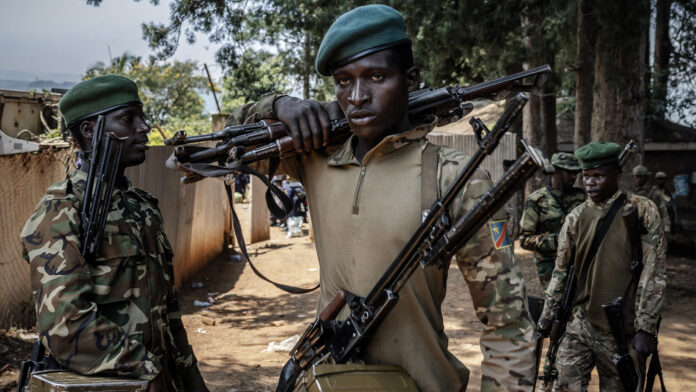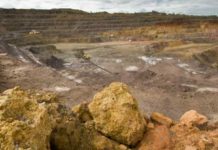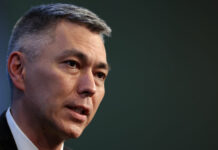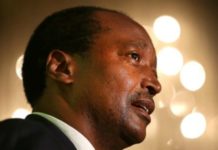
RWANDA and the Democratic Republic of Congo will collaborate with international partners, including the US, to transform their mineral supply chains under a draft economic framework following a Washington peace deal, said Reuters this week.
The 17-page proposal, seen by Reuters, forms part of June’s peace agreement brokered by President Trump’s administration aimed at ending deadly conflict and attracting billions in Western investment to the mineral-rich region.
Both countries are expected to finalise the framework in early October, with heads of state signing at a later date, according to a source familiar with developments, the newswire said in its article.
The draft outlines regulatory reforms designed to “de-risk private sector investment in a cost-effective manner” whilst reducing illicit trade and increasing transparency. Measures include third-party mine site inspections and cross-border special economic zones.
However, implementation faces significant obstacles. “One of the main obstacles to finalising and signing this regional agreement is the fact that the other peace processes have stalled,” a Western diplomat said.
Rwanda has yet to withdraw troops from eastern Congo as promised, whilst operations against the Democratic Forces for the Liberation of Rwanda have not commenced, said Reuters. Meanwhile, Rwanda-backed M23 rebels have seized the region’s two largest cities and lucrative mining areas.
“Without progress on security, the partners…will find it difficult to commit to economic cooperation,” the diplomat added.
A Congolese official said Kinshasa “cannot consider economic cooperation with Rwanda as long as its army occupies part of our territory.”
The region holds significant deposits of tantalum, gold, cobalt, copper and lithium, with Kinshasa viewing mineral plundering as a key conflict driver.










